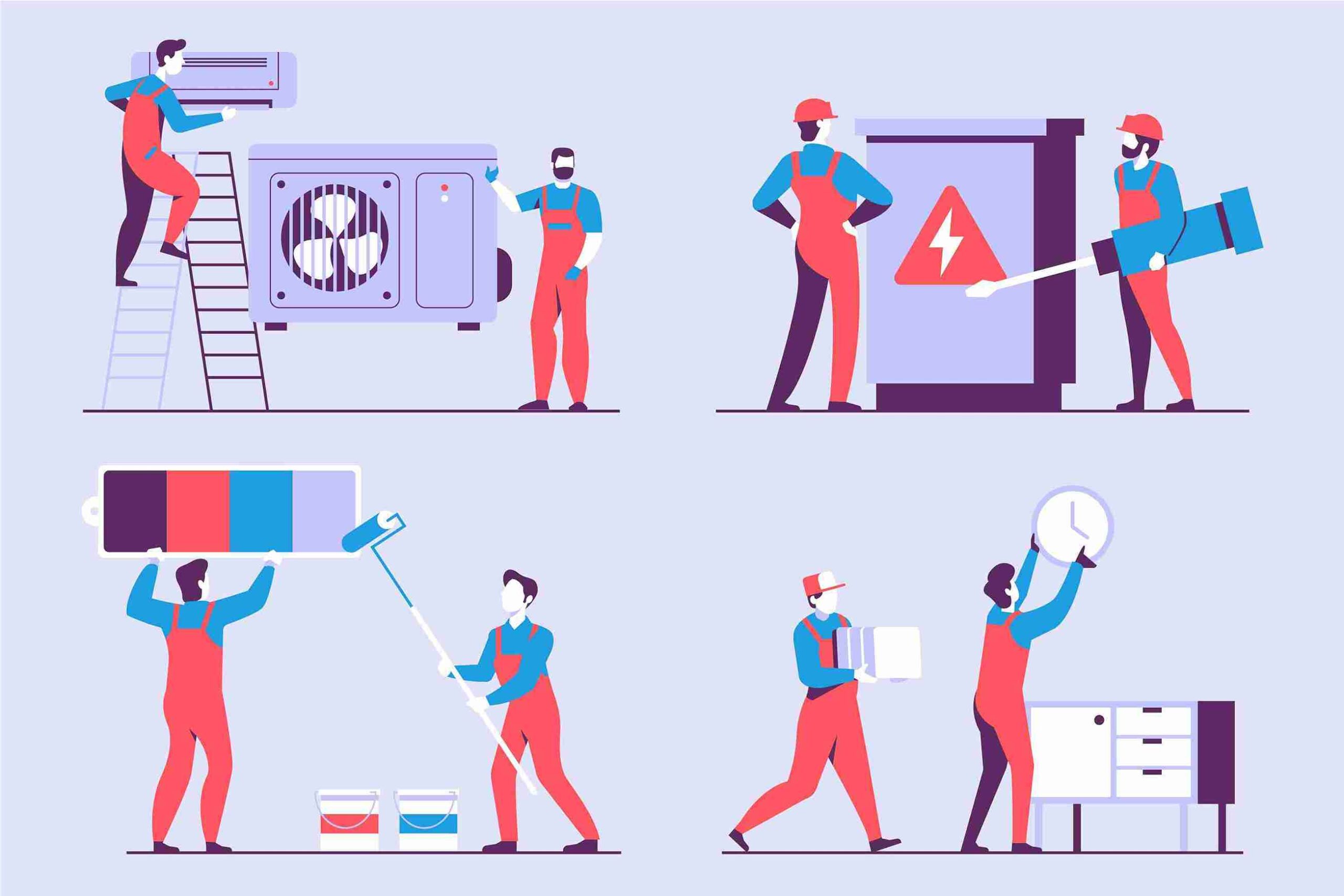If you’re working in medical device manufacturing, chances are you’ve bumped into ISO 13485 certification more than a few times. It’s basically the gold standard for quality management in the medical device industry. But have you ever stopped to think about the unsung heroes behind that certification—the internal auditors?
Here’s the thing: ISO 13485 internal auditor training isn’t just a checkbox. It’s a crucial investment in your company’s quality system health, helping catch little glitches before they become big problems, and ensuring the whole operation hums smoothly. Think of it like training your own quality detectives—people who not only spot issues but know how to prevent them.
What’s the Big Deal About ISO 13485 Internal Auditor Training?
Honestly, some folks see internal audits as tedious or even adversarial, but that’s a big misconception. Internal auditors trained specifically on ISO 13485 standards play a vital role in strengthening the quality management system (QMS). They’re your first line of defense, ensuring everything aligns with regulatory requirements, customer expectations, and the ever-important patient safety.
Here’s the kicker: without proper training, internal audits risk becoming superficial “tick the box” exercises. That’s no good. ISO 13485 internal auditor training equips your team with the skills to perform meaningful audits—ones that unearth real insights and actionable improvements.
What Does ISO 13485 Internal Auditor Training Actually Cover?
Let me break it down for you. This training isn’t just about memorizing clauses or learning a dry checklist. It’s about understanding the why behind the standard, plus mastering practical auditing skills. Topics usually include:
- Overview of ISO 13485: Understanding the scope and intent of the standard, especially clauses related to design controls, risk management, and process validation.
- Audit Principles and Techniques: How to plan audits, interview employees effectively, and gather evidence without making people feel like they’re under a microscope.
- Identifying Nonconformities: Learning to spot deviations—not just glaring errors but subtle inconsistencies that could cause issues down the line.
- Reporting and Follow-up: How to write clear, constructive audit reports and track corrective actions to completion.
- Regulatory Context: Familiarity with FDA regulations, EU MDR, and other requirements that intertwine with ISO 13485 compliance.
The best programs balance theory and practice, often including mock audits or role-playing exercises to build confidence.
Why Training Your Internal Auditors Is Essential (More Than You Might Think)
You might wonder: why not just assign the job to any quality team member? Why invest time and money in formal training?
Here’s the thing. Internal audits require a special blend of technical know-how, critical thinking, and communication skills. A poorly conducted audit can backfire—missing serious issues or, worse, creating unnecessary tension between teams. ISO 13485 internal auditor training helps avoid these pitfalls by:
- Building Credibility: Trained auditors command respect because they’re thorough, fair, and knowledgeable.
- Ensuring Consistency: A standardized training ensures audits across different departments follow the same rigorous approach.
- Boosting Continuous Improvement: Skilled auditors don’t just find faults; they recommend practical improvements that help the whole company evolve.
- Facilitating Regulatory Compliance: Regulatory bodies often expect evidence of internal auditing competence. Proper training checks that box neatly.
Common Challenges Faced During ISO 13485 Internal Audits (and How Training Helps)
It’s no secret that internal audits can be tricky. Here are some challenges that training specifically addresses:
- Audit Anxiety: Staff can feel defensive or anxious during audits. Trained auditors learn how to create a collaborative atmosphere instead of a confrontational one.
- Overlooking Small Issues: Without a keen eye, auditors might miss subtle signs of nonconformance that could lead to bigger problems.
- Documentation Overload: The volume of documentation in medical device manufacturing is staggering. Training helps auditors focus on what really matters.
- Managing Conflicts: Occasionally, audit findings might ruffle feathers. Training equips auditors with the soft skills to handle these situations diplomatically.
How to Choose the Right ISO 13485 Internal Auditor Training Program
If you’re thinking about training your team, you want to pick a program that’s more than just a generic quality management course. Look for:
- Industry-Specific Content: Training tailored to medical device manufacturers, not just broad ISO standards.
- Experienced Instructors: Trainers who have real-world auditing experience in the medical device field.
- Interactive Components: Hands-on exercises, case studies, or role-plays that reinforce learning.
- Certification: Programs that offer a certificate upon completion, adding credibility to your auditors.
- Flexibility: Options for on-site, virtual, or blended learning to fit your company’s schedule.
Remember, a training program is an investment—not just in compliance but in your company’s culture of quality.
How Trained Internal Auditors Help Your Company Pass External Audits with Flying Colors
Picture this: external auditors showing up, ready to scrutinize your processes. If your internal audits are thorough and well-documented, this process is way less stressful. Trained internal auditors mean fewer surprises, well-prepared teams, and documentation that’s actually useful—not just paperwork shoved in filing cabinets.
External auditors often ask about your internal audit program. When they see your team is trained and competent, it sends a strong message about your commitment to quality and compliance. It’s like having a secret weapon that keeps you ahead of regulatory hurdles.
ISO 13485 Internal Auditor Training and Continuous Improvement: A Natural Partnership
Continuous improvement is the heartbeat of any robust quality system. The beauty of ISO 13485 internal auditor training is that it turns audits into opportunities for growth, not just fault-finding missions.
Every audit becomes a snapshot of where your processes shine—and where they might need a tune-up. Auditors trained in ISO 13485 principles help identify root causes of problems and facilitate corrective and preventive actions that make your QMS stronger over time.
The Human Side of Internal Auditing: Communication and Empathy Matter
You might think internal auditing is all about checklists and standards, but the reality is, it’s deeply human. Auditors need to communicate findings clearly without sounding like they’re wagging a finger. They need to listen actively, understand context, and sometimes even read between the lines.
ISO 13485 internal auditor training emphasizes these “soft” skills alongside technical knowledge. After all, a quality system only works if people buy into it—and that requires trust and rapport.
A Few Tips to Get the Most from Your ISO 13485 Internal Auditor Training
Since you’re here for practical advice, here are some pointers to maximize your training investment:
- Involve Cross-Functional Teams: Don’t limit auditors to quality departments. Involve production, engineering, and regulatory folks to get diverse perspectives.
- Encourage Ongoing Learning: One training session isn’t enough. Foster a culture of continuous skill development through refresher courses and workshops.
- Leverage Technology: Use audit management software to streamline planning, reporting, and follow-up. It reduces admin headaches and keeps everyone on track.
- Practice Real Audits: Simulate audits regularly so your team stays sharp and confident.
Wrapping Up: Is ISO 13485 Internal Auditor Training Worth It?
If you’re still hesitating, think about this: your internal audit program is the pulse check for your entire quality management system. It’s how you keep your company aligned with one of the most demanding standards out there.
ISO 13485 internal auditor training gives your team the tools not just to pass audits, but to build a culture of quality that drives patient safety, regulatory compliance, and business success.
At the end of the day, isn’t that what every medical device manufacturer wants?



